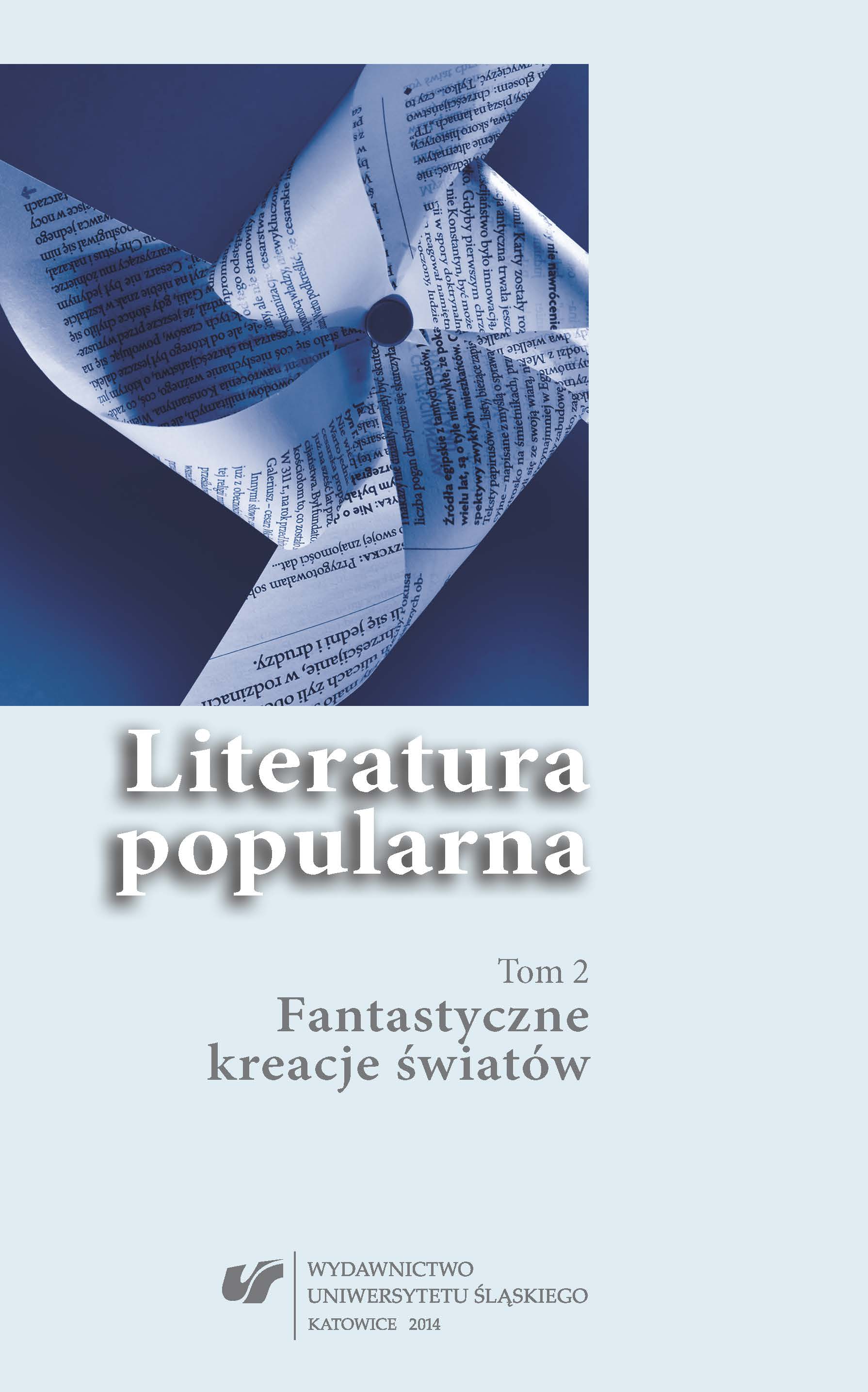Fantastyczne strategie? O tym, w jaki sposób zostać twórcą prozy fantastycznej
Fantastic Strategies? On How To Become a Speculative Fiction Writer
Author(s): Hanna Sieja-Skrzypulec
Subject(s): Language and Literature Studies
Published by: Wydawnictwo Uniwersytetu Śląskiego
Summary/Abstract: The production of sizeable print runs of books classified as speculative fictionhas already become a trend – one related to the fact that most of their readers areyoung people.The most devout fans of speculative fiction – who have already createda unique subculture – treat it not only as entertainment, but also as a reservoir oftales and stories whose narratives give raise to numerous activities – such as cycli-cally organized festivals or tournaments – and underlie the creation of social, videoor board games. These activities also include the so-called “fanfic” writing, i.e. thewriting of texts referencing, alluding to, or continuing prominent literary series, andit is with popular fiction that aspiring writers often start their literary adventure.American creative writing programs offer separate specialized seminars dedicated tofantasy and science fiction; textbooks and writing guides on the subject abound in themarket and columns dedicated to prospective writers frequently appear in renownedperiodicals. For instance, the famous Polish magazine “Nowa Fantastyka” featuresa special section offering “Advice for writers.” Are writing strategies proposed byrenowned authors within the genre and suggested in textbooks for beginner authorsseparate – or different – from those offered within general courses of creative writ-ing? Can speculative fiction defend its distinctiveness in terms of the uniqueness ofits creative process? Is it possible, in light of the practice of deconstructions whichteach to undermine widely accepted oppositions, to waive the difference betweencreating that which is realistic and that which is fantastic? Or, in this case, shouldone rather talk about the shift from “the era of the form to the era of imagination”?
Book: Literatura popularna. T. 2: Fantastyczne kreacje światów
- Page Range: 159-176
- Page Count: 18
- Publication Year: 2014
- Language: Polish
- Content File-PDF

